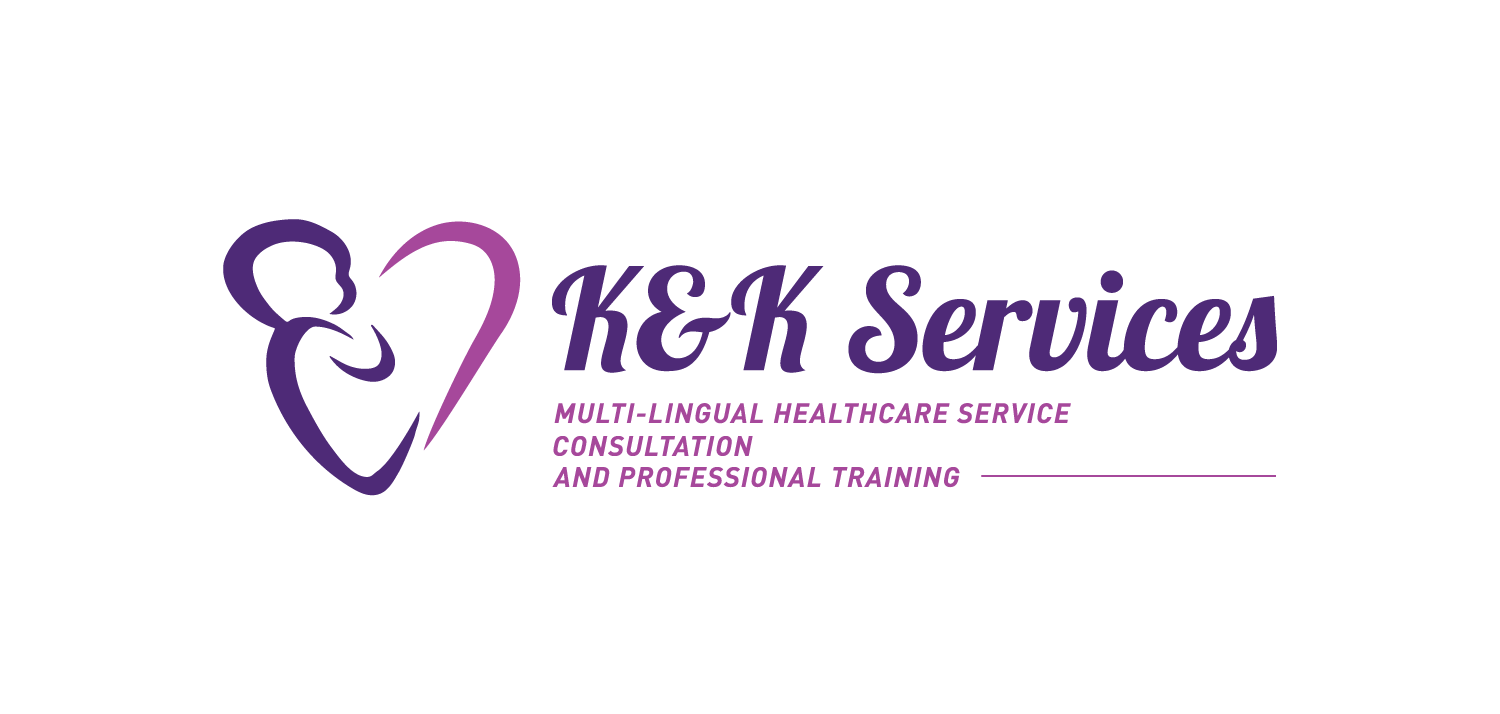
Navigating Career Transitions: A Guide for Healthcare Providers in Special Healthcare Needs
- Dr. Kat Demps
- Feb 7, 2024
- 3 min read
02/07/24: Navigating Career Transitions: A Guide for Healthcare Providers in Special Healthcare Needs

Considering a career transition could be an exciting yet challenging experience but with the right strategies and support, you can embark a fulfilling new path.
What are some challenging that healthcare providers in special healthcare needs may face during a career transition, and how can they overcome them?
Adaptation to New Population and Care Approaches: They should look for educational opportunities and training programs such as courses, workshops or certification that focuses on the special needs.
Emotional and Psychological Demands: It can be emotional challenging working with them. Witnessing the challenges and struggles faced by individuals and their families can suggest strong emotions.
Advocacy and Support for Individuals and Families: Healthcare professionals must be proactive, empathetic, and aware of the resources and services that are accessible.
Exploring Career Paths
What are some specific career paths within the field of special healthcare needs that healthcare providers can consider, and what are the key responsibilities and qualifications associated with each path?
The field of special healthcare needs offers a wide range of rewarding career paths.
Developmental Disabilities: This includes range of conditions, including intellectual disabilities, autism spectrum disorders, cerebral palsy, Down syndrome, and others which require specialized care and support.
Mental Health. This refers to psychological well-being and challenges faced by individuals. By identifying the heightened vulnerability, carrying out thorough assessments, offering specialized therapies, and attending to caregiver needs can support the mental health and general quality of life of people with special healthcare needs.
Physical Disabilities: Mobility, coordination, strength, and general physical independence can all be impacted by these conditions.

Transitioning Successfully
What are some key strategies and practical steps that healthcare providers can take to ensure a smooth and successful transition when moving from one role to another within the special healthcare needs field?
Here are some practical tips and steps for healthcare providers looking to transition into this field:
Self-Assessment: Determine if you have necessary qualities and passion for this field and consider why you want to work in this field.
Research and Education: Pursuing additional training or certifications specific to the field. Conducting research, reading books, and attending seminars.
Networking: Attend conferences, reach out to organizations, and join to online communities.
Volunteering: Gain hands on experience and deeper understanding of this field.
Remember, a successful career change takes time and effort. Be patient, persistent and adaptable to new opportunities.

Caregiver Coaching Strategies
What are some caregiver coaching strategies that healthcare providers can employ to support and empower caregivers in the special healthcare needs setting? How can these strategies positively impact the well-being of both the caregiver and the individual receiving care?
Active Listening: It can build empathy, establish trust and gain valuable insights to individual’s needs and preferences.
Empathy and compassion. It can create a supportive and understanding environment. Also involves understanding the challenges and emotions faced by individuals and families.
Goal setting and action planning. It provides structure, motivation, and sense of purpose. Set realistic and meaningful goals.
Effective Communication. Clear and effective communication. Adjust communication style to enhance understanding.
Continuous Learning and Professional Development. Stay updated and continuous learning through workshops, conferences and resources.
Collaborative Problem-Solving, Flexibility and Adaptability. Encourage to input, ideas and suggestions when addressing challenges. Be flexible and adaptable in your approach, interventions, and techniques.
Wellness for Healthcare Providers
What is some self-care practicing that healthcare providers in special healthcare needs can implement to prioritize their own wellness and prevent burnout, while continuing to provide high-quality care to individuals with special healthcare needs?

Emotional Resilience. They can encounter difficult situations and witness struggles and challenges faced by individuals and families.
Stress Management. Engage in self-care activities like hobbies, exercise, meditate can help manage stress.
Boundaries and Work-Life Balance. Recharge and spend time with family, and engage to activities outside work.
Personal well-being and fulfillment. Maintain positive attitude towards work, taking care of themselves, and find satisfaction in making difference in the lives of individuals and families.
Advocacy. Promoting supportive environments for all and raising awareness.
Transitioning into special healthcare needs requires self-assessment, research and networking. To make a successful career change they need to prioritize self-care, develop communication skills, and building networks. Also, continuous learning and professional development will enhance patient care and create positive impact to individuals.
Feel free to contact Dr. Love's for additional insights via email at DrLove@DrKatDemps.com. Wishing you success on your culinary medicine journey!
Dr. Love & The DEMPS Healthcare Team
Keyword Hastags: #NewYearResolutions
#CareerTransitions #HealthcareProviders #SpecialHealthcareNeeds #CareerGuide #ProfessionalDevelopment #HealthcareIndustry #TransitionSkills #ContinuingEducation #JobSearch #Networking #Mentorship #SkillDevelopment #Adaptability #SelfReflection #GoalSetting #WorkLifeBalance #Resilience #LeadershipDevelopment #CareerPlanning #HealthcareTrends #IndustryKnowledge




Comments